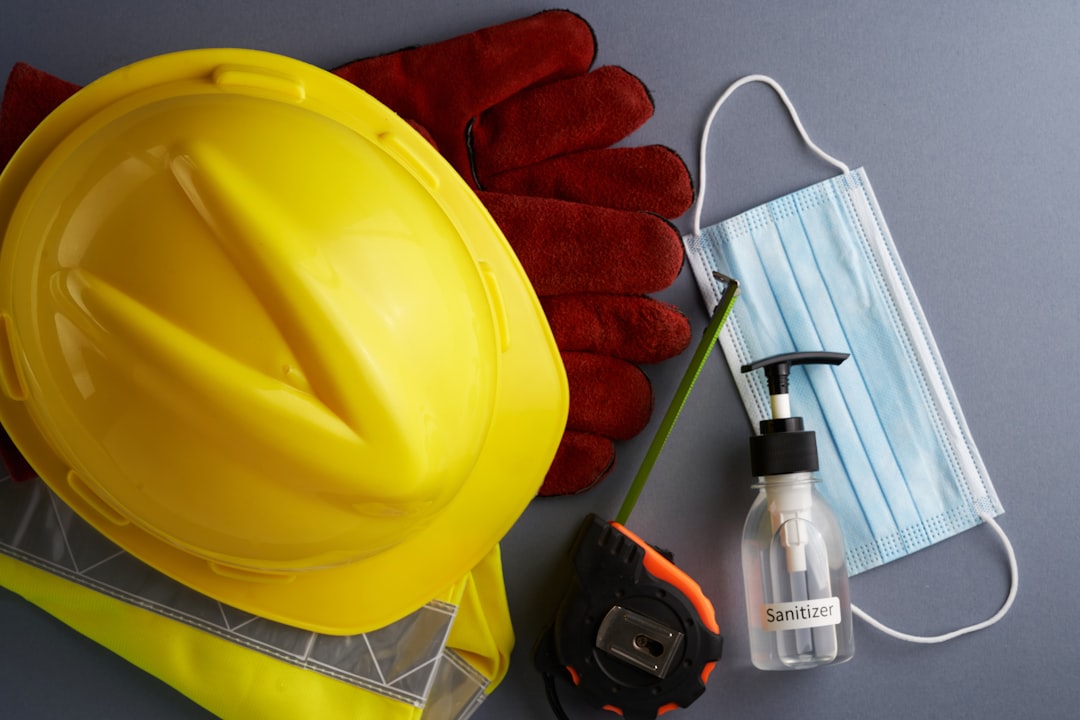Cost to Install Carbon Monoxide Detector | Professional Guide
Price source: Costs shown are derived from our proprietary U.S. construction cost database (updated continuously from contractor/bid/pricing inputs and normalization rules).
Eva Steinmetzer-Shaw
Head of Marketing
Understanding the Real Cost to Install Carbon Monoxide Detectors
Installing carbon monoxide detectors is crucial for safety in any new or renovated home. The cost can vary significantly based on several factors. Typically, battery-operated units range from $25–$55, while hard-wired units can cost between $45 and $85 each. This guide provides a detailed breakdown of these costs, helping construction professionals budget effectively.
Why Carbon Monoxide Protection Matters in Residential Construction
- CO is colorless, odorless, and potentially lethal within minutes.
- Building codes require detectors near sleeping areas and fuel-burning appliances.
- Insurance carriers may deny claims if detectors are missing or defective.
- Smart buyers expect safety tech as a standard feature, boosting resale value.
Primary Cost Components
1. Detector Hardware
Basic battery-operated units start around $25, while hard-wired, interconnected smart detectors range from $90–$160. These prices are updated regularly to reflect current market conditions.
2. Power & Wiring
- Battery only: minimal labor, but batteries need annual replacement.
- Hard-wired with battery backup: requires 30–60 minutes of electrician time per location.
- Combination smoke/CO units: higher device cost but cheaper labor when installed during rough-in.
3. Labor Rates
Electricians typically charge $95–$140 per hour. Accurate labor costs are essential for precise budgeting.
4. Permits & Inspections
Permits range from $35–$150. Skipping permits can lead to costly rework if inspections fail.
5. Smart Home Integration
Connecting detectors to a central panel or app involves additional costs for gateway modules and programming fees.
Typical Price Ranges
- Battery unit, DIY placement: $25–$55 each
- Hard-wired retrofit: $45–$85 each
- New-build hard-wired with smart integration: $90–$160 each
Hidden Costs Contractors Often Miss
- Patch and paint after wiring
- Extra ladder setup time for vaulted ceilings
- Disposal of old detectors
- Change orders for combo units
How to Calculate Your Estimate
Use voice-driven tools to specify requirements, and receive real-time estimates that include all necessary components.
Reducing Costs Without Sacrificing Safety
- Schedule installation during rough-in to avoid drywall repair.
- Choose combo smoke/CO units to reduce device count.
- Bulk-purchase detectors for discounts.
- Use lithium battery models for tight budgets, upgrading later.
Why Builders Trust Our Estimates
- Transparent, real-time pricing prevents budget overruns.
- Efficient workflows reduce administrative time.
- Automatic compliance reminders lower inspection failures.
- Easy conversion from estimate to invoice.
Frequently Asked Questions
How many detectors does my project need?
Code requires at least one outside each sleeping area and on every floor.
Can I install battery units now and hard-wire later?
Yes, staging installs is a common practice.
Does smart integration pay off?
Insurance discounts often apply when devices report to a monitored system.
Next Steps
For precise estimates, start a session in the app or book a demo.
Case Spotlight: Efficient Installation in a Tight Timeline
A recent project involved installing three detectors in a 2,400-sq-ft home within a 48-hour window. The challenge included minimal noise requirements and a vaulted ceiling.
The Challenge
- Tight 48-hour window
- Minimal noise due to neighboring units
- Vaulted ceiling complicating wiring
Solution
Using our app, the contractor quickly generated an estimate and completed the installation efficiently, meeting all requirements.
Lessons Learned
- Real-time pricing avoided rush surcharges.
- Preloaded templates ensured adequate time for complex tasks.
- Integrated e-signature expedited approval.
Takeaway for Builders
Streamlined information flow is key to meeting safety requirements and deadlines. Explore more success stories on our website.

